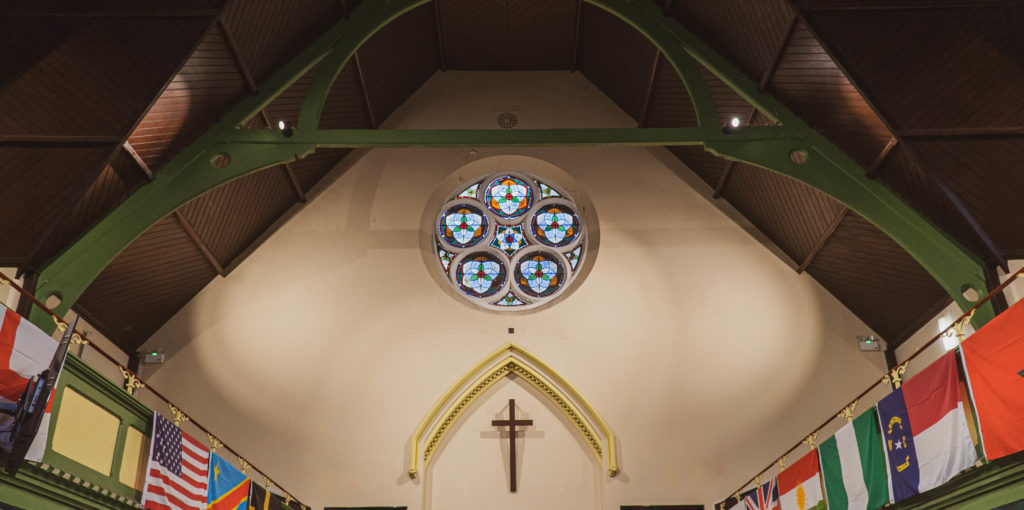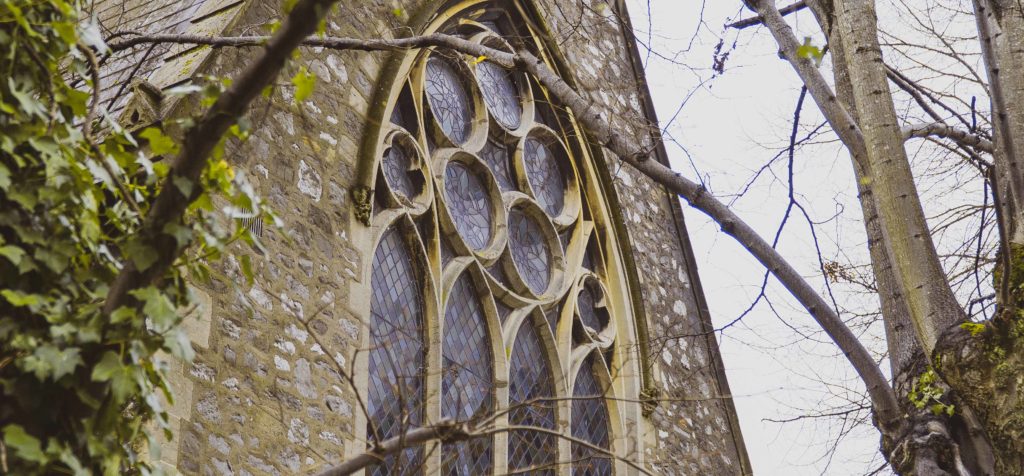Unafraid of death and loss, Iranian refugees flee their country in pursuit of finding sanctuary and religious freedom in Wales

Our world is home to 7.8 billion people. That’s 7.8 billion lives and individual experiences. Each number represents a face, and each face represents a story – one of triumph and tragedy, love and loss, peril and pain, resilience and risk.
According to Senedd equalities committee chairman, John Griffiths, in 2015, one in every 113 humans was either a refugee, internally displaced, or seeking asylum. That’s one in every 113 humans searching for safety.
Five years on, with statistics continuing to soar, UNHCR research suggests there are around 133,094 refugees living in the UK, and as estimated by local non-profit, Oasis, 10,000 of them currently call Cardiff home.
Earlier this year, the Welsh capital celebrated Refugee Week with the theme ‘Imagine the potential of Wales as a true nation of sanctuary.’
Wales has enjoyed a long history of welcoming refugees, and we continue to value and benefit from their skills, entrepreneurial spirit and the sharing of their cultures
The government’s ‘nation of sanctuary’ pledge commits to support refugee and migrant communities in Wales by providing accommodation, encouraging community integration, increasing education and employment opportunities and reducing inequality.
“This is a fitting theme for our nation, as Wales has enjoyed a long history of welcoming refugees, and we continue to value and benefit from their skills, entrepreneurial spirit and the sharing of their cultures,” explained Jane Hutt, deputy minister and chief whip in a statement for Refugee Week 2020.
A radical shift
When it comes to providing a warm Welsh welcome to refugees, Cardiff pastors, Carl and Jane Gidney have been working in the heart of the city to help the displaced find sanctuary at Tredegarville International Church.
The Baptist chapel, established in 1862, was first founded to serve the affluent area of Tredegarville, before becoming a passionate and all-embracing place of worship for a growing community of over 50 Iranian, Kurdish and Afghan refugees and asylum seekers.

Tredegarville was a very posh area and the church was known as an ‘upstairs downstairs’ church. Until recent times, the congregation mostly comprised of white British Baptists who lived in the area, said Carl, current pastor of the church.
“It went through a radical shift in the 1980s as City Road became increasingly multicultural,” he added.
Situated beside the Visa and Immigration Centre, the once traditional church provides support where it’s needed by running regular English lessons, a food bank and a social centre. Carl and his team also tackle intervention for immigration issues by liaising with solicitors, case workers and the home office to advocate on behalf of the community.
With 70% of the church’s attendees hailing from Iran, Sunday services are now translated into Farsi, the official language of the country.
In search of freedom
As well as searching for economic asylum, an increasing number of Iranian refugees flee their homes in search of religious freedom.
As outlined by religious charity, Open Doors, on a regular basis, Christians in Iran face torture, lengthy prison sentences, discrimination and persecution from the government, with converts from Islam to Christianity specifically targeted as a “national security threat”.
The underground Iranian church is the fastest growing church in the world
For this reason, the country has been added to the Open Doors 2020 World Watch List (WWL) which ranks the top 50 countries where Christians face the most extreme persecution.
In spite of the religious oppression that continues unhindered, “The underground Iranian church is the fastest growing church in the world,” says Carl.
“Christianity is growing exponentially there, but of course, if you are a Christian you have to leave the country – however this doesn’t seem to stop them.
“They share their faith and they’re not afraid because they’ve had to face death and loss along the way,” he affirms.
Connecting stories to statistics
Speaking of the underground church scene in North West Iran, Vahid*, 21, explained attendees must only invite those they trust because there is no place for any religion other than the government’s official religion.
Undeterred by the risk of persecution, when invited by a friend to a Christian house church, he embraced the opportunity with both hands.
Vahid fled his home country 14 months ago and has been seeking asylum in Cardiff ever since. He now attends Tredegarville International Church, which he warmly describes as his “family”.
Dana*, also born and raised in Iran, has been living in Cardiff since September 2019 and is a devoted member of the church.
Previously attending a house church in Iran, he is now a translator, leads a weekly small group and mentors other Iranians within the Tredegarville community.
While numbers may be dehumanising, a story holds significance
With plans to pursue a career in medicine, he shares his happy experience of life in Cardiff. “I, myself believe that this [small group] is not to be all about the Bible. A very important thing about these groups is that we ask one another, ‘What are we happy for?’ and ‘What are we upset about?’ This way, maybe we can help each other,” he says.
Today, as we experience the worst refugee crisis since the Second World War, it can seem difficult to connect a story to a statistic, or to link a human life to a fact or figure. While numbers may be dehumanising, a story holds significance.
As humans, despite the cultures, creeds and countries that divide us, like Dana and Vahid, in one way or another, we each search for the sanctuary of community and freedom. We each hope for a happy ending marked by triumph rather than tragedy and love rather than loss.
So, in amongst the 10,000 refugees living in Cardiff, maybe you’ll see a story that you connect with, and maybe you’ll see a story that looks a little bit like yours.
Five ways to support refugees in Wales
Offering a helping hand to the refugee and asylum-seeking community in Wales is easier than you might think. Here are five suggestions to get you started:
- Volunteer or donate food to a local food bank serving refugees in the city
- Join a Refugees Welcome group near you with Citizens UK to help newcomers feel welcomed and safe
- Raise awareness by amplifying refugee voices, stories and experiences. Start conversations (online and offline) to promote inclusion and inform others of the issues affecting the displaced
- Take action by campaigning for refugees’ rights. Stay up to date with government policies and hold MP’s accountable by writing letters and emails. Stand in solidarity by signing and sharing petitions
- Fundraise, donate or volunteer time to local charities such as Oasis Cardiff, Trinity Centre and the Welsh Refugee Council or larger charities such as Choose Love and Refugee Action to name a few.
*Please note, to protect the privacy of the speakers, different names have been used in this article.
